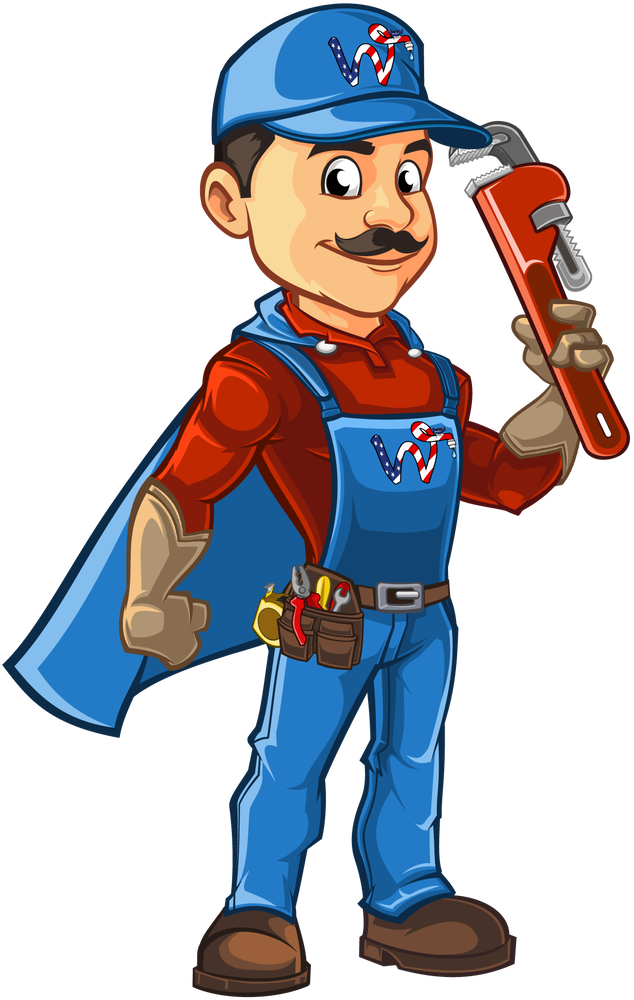Garbage disposals have become a common fixture in many modern kitchens. They are designed to help eliminate food waste and make kitchen cleanup easier. However, many people are unsure whether a garbage disposal can fit in any sink. In this article, we will discuss the different types of sinks and whether or not they are compatible with garbage disposals.

Understanding the Garbage Disposal
Before we dive into the specifics, it is important to understand how a garbage disposal works. A garbage disposal is typically installed under the sink and connected to the drainpipe. When food waste is ground up in the disposal, it is flushed down the drain and into the sewer system. To function properly, a garbage disposal requires a specific type of sink, such as a continuous feed sink or a batch feed sink.
Continuous Feed
A continuous feed sink is a type of sink that is designed to work with a garbage disposal. These sinks have a hole in the bottom that allows food waste to be easily flushed into the disposal. The hole is typically located near the center of the sink, making it easy to access while washing dishes. Most modern sinks are designed with a continuous feed, which makes them compatible with garbage disposals.
Batch Feed
In addition to the continuous feed sink, there is also a type of sink called a batch feed sink. Batch feed sinks are designed to work with garbage disposals as well, but they operate differently. Rather than having a continuous feed, these sinks have a plug that must be inserted into the drain before the disposal can be turned on. This plug prevents water from flowing down the drain while the disposal is running, which can help prevent clogs and other issues.
Are They One-Size-Fits-All?
Now that we have a better understanding of the different types of sinks, let’s explore whether or not garbage disposals can fit all sinks. The short answer is no, not all sinks are compatible with garbage disposals. However, there are ways to modify your sink to make it work.
For example, if you have a sink that does not have a continuous feed, you can have a hole cut in the bottom of the sink and install a continuous feed kit. This will allow you to easily connect your garbage disposal and start using it. However, it is important to note that this modification should only be done by a professional plumber or contractor.
In addition to modifying your sink, it is important to consider the size of your sink when purchasing a garbage disposal. Garbage disposals come in different sizes, and not all sizes will fit all sinks. Before purchasing a garbage disposal, it is important to measure the size of your sink and ensure that the disposal will fit properly.
Understanding the Plumbing
Another important factor to consider when installing a garbage disposal is the plumbing. Garbage disposals require a specific type of plumbing, known as a P-trap. A P-trap is a curved section of pipe that prevents gasses and odors from coming back up the drain. If your sink does not have a P-trap, it will need to be installed before a garbage disposal can be added.
In addition to the P-trap, a garbage disposal also requires an electrical connection. Most garbage disposals are connected to an electrical outlet located under the sink. If there is no electrical outlet present, one will need to be installed by a licensed electrician.
When installing a garbage disposal, it is important to ensure that it is properly connected and functioning correctly. A poorly installed garbage disposal can lead to leaks, clogs, and other plumbing issues. If you are not comfortable installing a garbage disposal yourself, it is recommended that you hire a professional plumber to do the job.
The Bottom Line
In conclusion, garbage disposals are a convenient and efficient way to eliminate food waste in the kitchen. However, they are not compatible with all sinks. To ensure that a garbage disposal will work with your sink, it is important to consider the type and size of your sink, as well as the plumbing and electrical requirements of the disposal. If you have a sink that is not compatible with a garbage disposal, it is possible to have it modified to accommodate one, but this should only be done by a professional plumber or contractor.
It is also important to note that not all types of food waste should be disposed of in a garbage disposal. Hard or fibrous materials such as bones, eggshells, and fruit pits can damage the disposal, while oils and fats can cause clogs in your plumbing. It is recommended to only dispose of soft food waste such as vegetables, fruit, and cooked meat in a garbage disposal.
Finally, it is important to maintain your garbage disposal to ensure that it functions properly. Regular cleaning and maintenance can help prevent clogs and keep your disposal in good working order. It is also important to use the disposal regularly to prevent odors from building up in your plumbing.
Contact White’s Plumbing
In summary, while garbage disposals can be a useful addition to your kitchen, they are not compatible with all sinks. It is important to consider the type and size of your sink, as well as the plumbing and electrical requirements, before installing a garbage disposal. If you are not comfortable with the installation process, it is recommended to hire a professional plumber to ensure that the disposal is properly installed and functioning correctly. If you live near the Youngsville, North Carolina area, contact White’s Plumbing. Our expert team will help you in deciding which garbage disposal will best fit your sink, as well as assist in getting that disposal installed for you.




